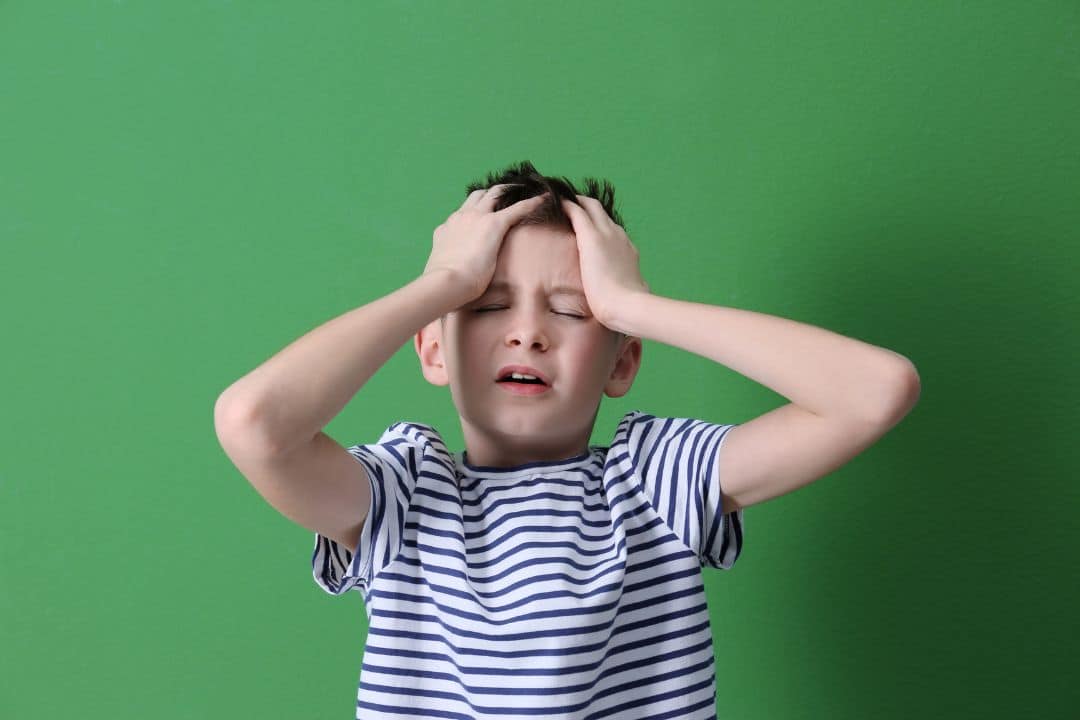Migraine Relief Through Mindfulness

Migraines afflict over a billion individuals globally, including one out of eleven children.
Those who suffer from these incapacitating headaches are generally looking for strategies to alleviate symptoms such as throbbing pain, nausea, dizziness, and acute sensitivity to light and sound. While there are numerous powerful drugs and injections (such as Botox) available today to help cure migraines, practicing mindfulness is a unique sort of therapy that is showing promise.
Dr. Rohit Kiran Cherukuri, a board-certified pediatric neurologist and headache specialist at Child Neurology Consultants, shared his thoughts in this blog post about how mindfulness might assist with migraines.
What exactly does mindfulness imply?
Being attentive entails being acutely aware of all the circumstances and triggers that contribute to your migraine and the precise feelings you experience while suffering from it. This knowledge can assist you in recognising when a migraine is likely to develop and how to control the discomfort.
“Mindfulness helps patients discover what’s causing their headaches over time,” adds Dr. Rohit Kiran. “It enables patients to comprehend what makes them uncomfortable or stressful.”
Talking to children in basic but precise words or having them keep a headache diary about how they felt or what they were doing just before, during, and after a migraine attack is an excellent place to start practicing mindfulness.
To assist children and teens cope with migraines, Dr. Elton recommends adopting simple online programs/apps like Headspace or Calm or working with a therapist trained in mindfulness-based practices and techniques (MBCT).
Manage Your Migraine, Manage Your Stress
She also suggests that working on reducing stress is a brilliant place to start when it comes to treating migraines since stress is known to be a trigger for up to 70% of migraine sufferers.
Migraine-affected children may benefit from the following stress-reduction techniques:
- Include lots of pauses throughout your schoolwork and study time.
- Finding things kids enjoy outside of school while being mindful not to overschedule or strain them
- Ensure that they get adequate sleep and rest each day and night
- During challenging times, checking in with a trustworthy instructor, adviser, or therapist
- Have a “headache plan” before a migraine begins so they know what to do, such as doing slow breathing exercises or going to a calm, quiet spot for a few minutes.
It’s also important to eat well-balanced, nutritional meals and remain hydrated. Headaches and migraines are frequently triggered by hunger or dehydration.
Recent Post
-
Unlocking the Mysteries of the Developing Brain
-
Navigating Childhood Neurological Disorders: Insights from a Pediatric Neurologist
-
Understanding Digestive Health: 5 Most Common Digestive Disorders in Kids
-
Expert Pediatric Care by Dr. Rohit Kiran in Vijayawada | Trusted Pediatrician
-
Comprehensive Guide to Pediatric Pulmonology and Allergy Care for Children
-
Children’s Mental and Physical Health on screen time
-
Genetic Testing for Pediatric Neurological Conditions
-
Sleep Hygiene Tips for Children Promoting Quality Sleep in Neurological Disorders
-
Unlocking the Spectrum: Understanding and Nurturing Autism Spectrum Disorders
-
Childhood Strokes - Risk Factors and Prevention Strategies
-
Diagnosis and Therapeutic Approaches for Autism Spectrum Disorders
-
Early intervention for children with motor delays
-
Nutrition's Profound Impact on Child Brain Development: A Guide for Parents
-
The Role of Genetics in Pediatric Neurology
-
Managing Sleep Disorders in Children with Neurological Conditions
-
The Importance of Early Intervention for Children with Neurological Disorders
-
Treating Pediatric Migraines: Medications and Alternative Therapies
-
Understanding the Different Types of Pediatric Seizures
-
The Role of Genetics in Pediatric Neurological Disorders
-
8 Ways to Strengthen Executive Functions in Children With Autism
